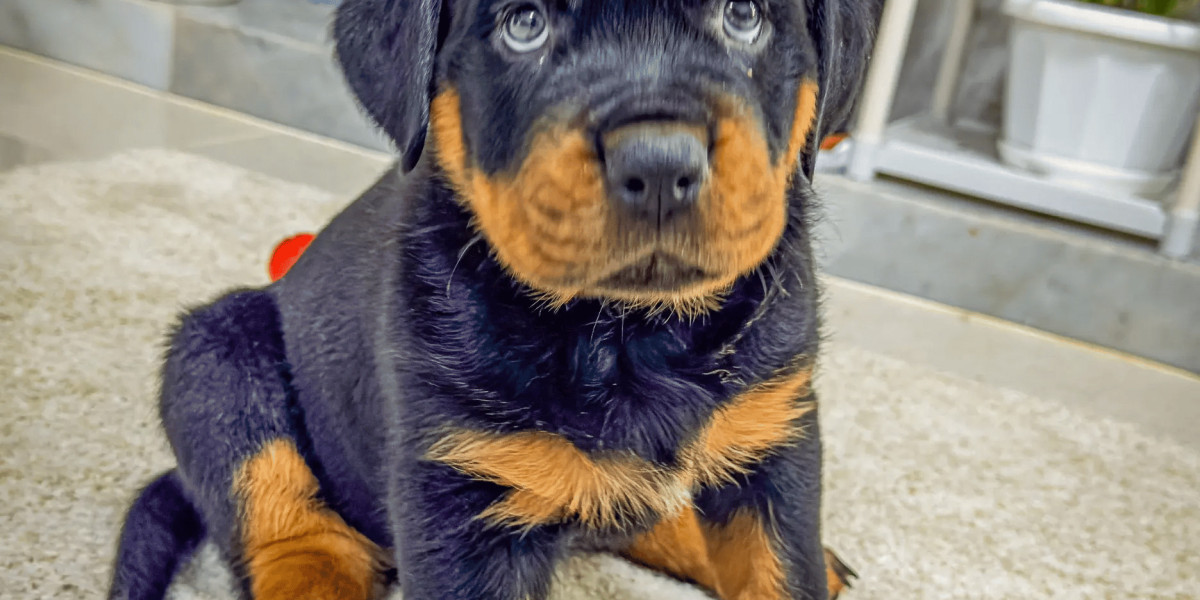Shiba Inu puppy are known for their spirited personalities and independent nature. While they are adorable and loving companions, training them can present unique challenges. Understanding these challenges and implementing effective solutions can make the training process smoother and more enjoyable for both the puppy and the owner.
Understanding the Shiba Inu Temperament
Shiba Inus are intelligent and strong-willed dogs. Their temperament can sometimes make training a challenge. They are known for their stubbornness, which can lead to resistance during training sessions. This independence is a trait that has been bred into them over generations, as they were originally used for hunting. Recognizing this temperament is the first step in addressing training challenges.
Socialization is Key
One of the primary challenges in training Shiba Inu puppies is their tendency to be aloof with strangers. Early socialization is crucial to help them become well-adjusted adults. Exposing them to various environments, people, and other animals during their formative months can help reduce fear and anxiety. This socialization process should be gradual and positive to ensure the puppy feels safe and secure.
Establishing a Training Routine
Consistency is vital when training a Shiba Inu puppy. Establishing a regular training routine helps the puppy understand what is expected of them. Training sessions should be short and engaging, as Shiba Inus can become bored easily. Incorporating play and rewards into the training routine can keep the puppy motivated and eager to learn.
Positive Reinforcement Techniques
Using positive reinforcement is an effective way to train Shiba Inu puppies. Rewarding desired behaviors with treats, praise, or playtime encourages the puppy to repeat those behaviors. It is important to be patient and avoid punishment, as negative reinforcement can lead to fear and anxiety. Shiba Inus respond best to encouragement and rewards.
Dealing with Stubbornness
Shiba Inus are known for their stubborn streak, which can make training challenging. If a puppy refuses to follow commands, it is essential to remain calm and patient. Trying different training methods or commands can help find what works best for the individual puppy. Sometimes, incorporating games or fun activities can make training more appealing to a stubborn Shiba Inu.
Addressing Barking Issues
Shiba Inus are vocal dogs and may bark excessively if not properly trained. Understanding the reasons behind their barking is crucial. Whether they are barking out of boredom, fear, or to get attention, addressing the underlying cause is essential. Providing enough physical and mental stimulation can help reduce unnecessary barking.
House Training Challenges
House training a Shiba Inu puppy can be another challenge. They may have accidents if not taken out frequently enough. Establishing a consistent schedule for bathroom breaks and using positive reinforcement when the puppy goes outside can help. It is important to be patient and understanding during this process, as every puppy learns at their own pace.
Encouraging Good Behavior
Encouraging good behavior is essential for a well-behaved Shiba Inu. Teaching basic commands such as sit, stay, and come can help establish a foundation for good behavior. Regular practice and reinforcement of these commands can lead to a more obedient puppy. Additionally, redirecting unwanted behaviors to more appropriate activities can help prevent issues.
The Importance of Exercise
Shiba Inus are active dogs that require regular exercise. A lack of physical activity can lead to behavioral issues such as chewing or digging. Ensuring that the puppy receives adequate exercise through walks, playtime, and mental stimulation can help alleviate these problems. A tired puppy is often a well-behaved puppy.
Seeking Professional Help
If training challenges persist, seeking professional help may be beneficial. Professional trainers can provide valuable guidance and support tailored to the specific needs of the Shiba Inu puppy. Group classes can also offer socialization opportunities and reinforce training in a controlled environment.
Conclusion
Training a Shiba Inu puppy can be a rewarding experience, despite the challenges that may arise. Understanding their unique temperament and implementing effective training strategies can lead to a well-behaved and happy companion. With patience, consistency, and positive reinforcement, owners can successfully navigate the training journey with their Shiba Inu puppies








